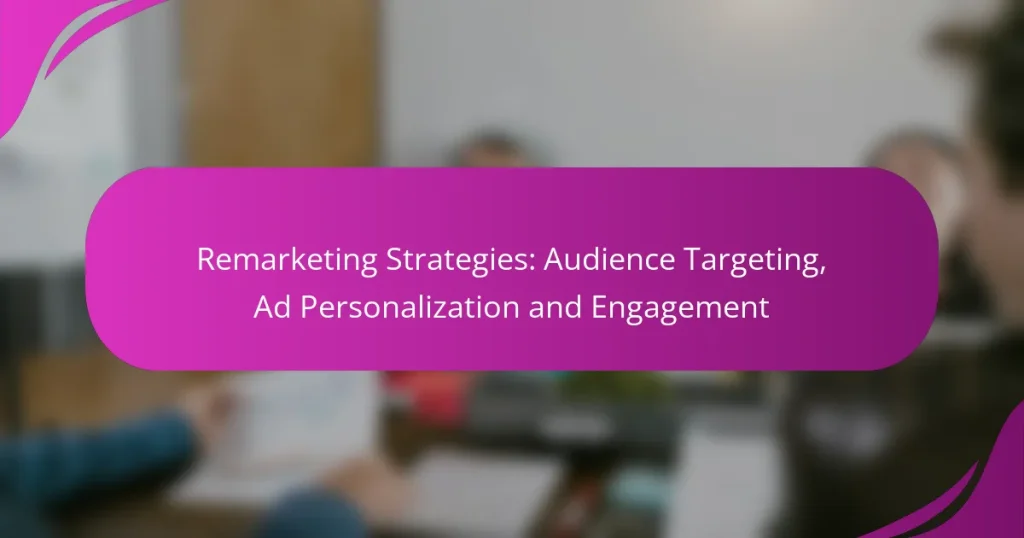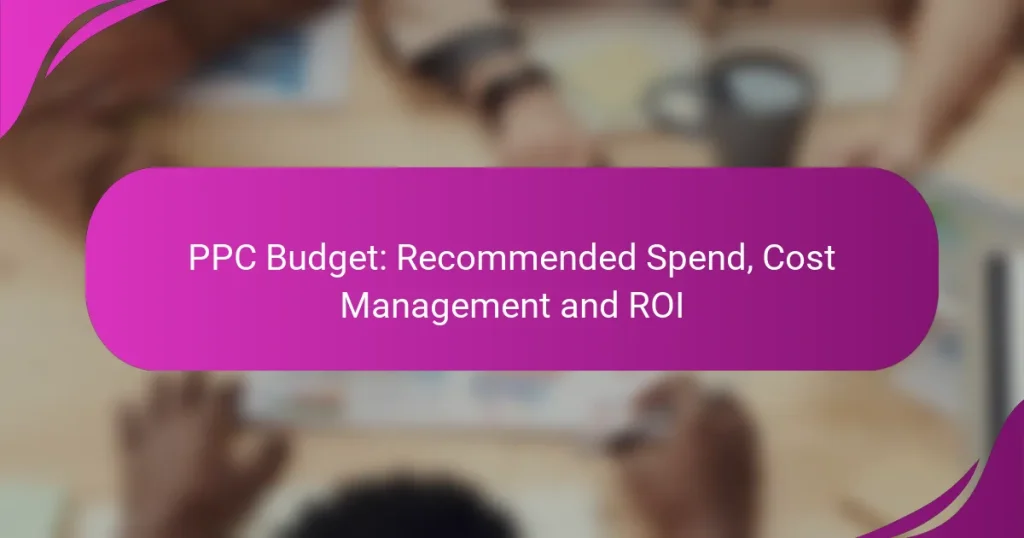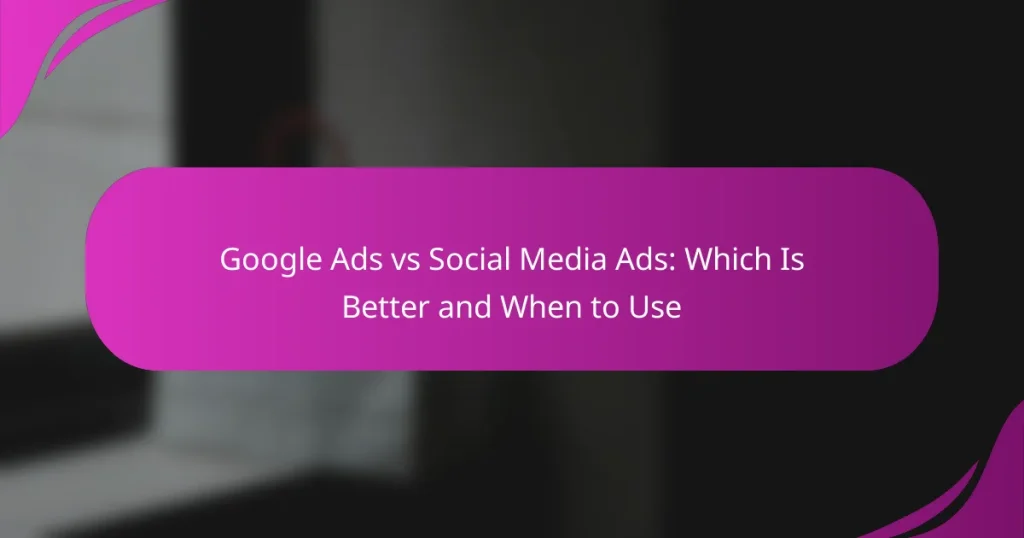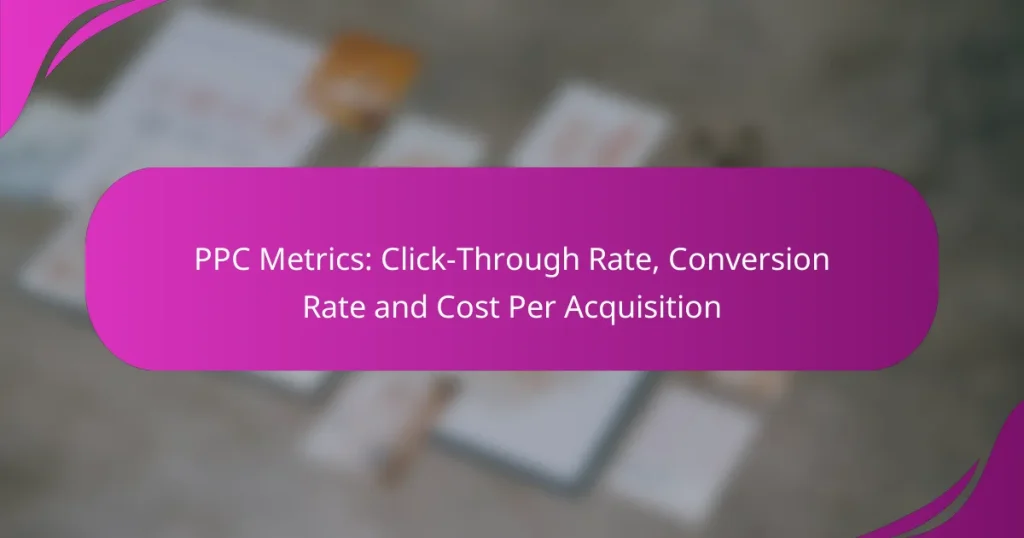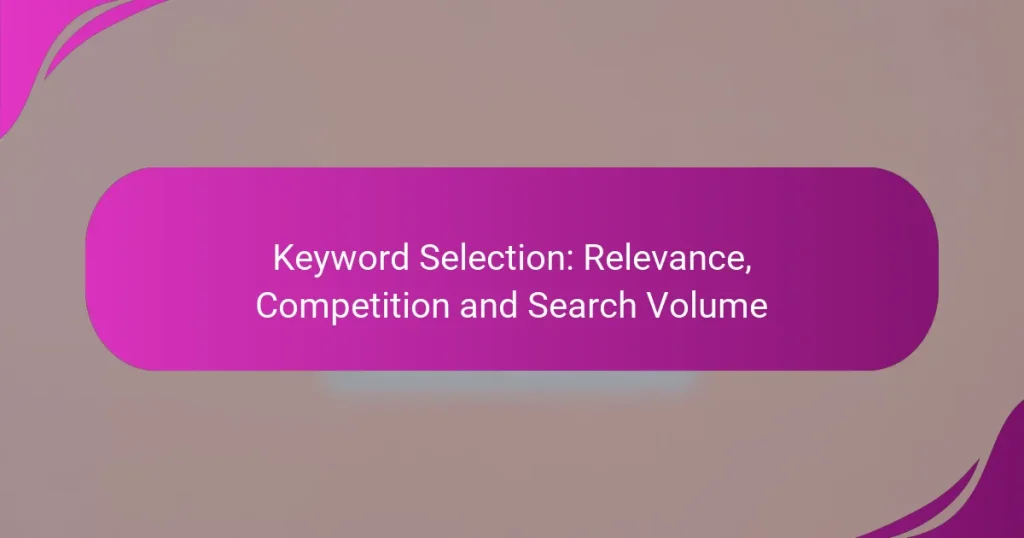Digital marketing services, particularly Pay-Per-Click (PPC) advertising, provide businesses in South Africa with immediate visibility and targeted audience reach. By leveraging platforms like Google Ads, Bing Ads, and Facebook Ads, companies can drive traffic and increase conversions while maintaining control over their budgets. Selecting the right PPC service is crucial for aligning with business goals and achieving measurable results.
PPC Budget: Recommended Spend, Cost Management and ROI
Google Ads vs Social Media Ads: Which Is Better and When to Use
PPC Metrics: Click-Through Rate, Conversion Rate and Cost Per Acquisition
Ad Copy: Persuasiveness, Clarity and Call to Action
PPC Tools: Platforms, Features and Pricing Comparison
Keyword Selection: Relevance, Competition and Search Volume
What are the benefits of Pay-Per-Click advertising in South Africa?
Pay-Per-Click (PPC) advertising offers several advantages for businesses in South Africa, including immediate visibility, targeted audience reach, and measurable results. These benefits make PPC an effective strategy for driving traffic and increasing conversions while maintaining budget control.
Immediate visibility on search engines
PPC advertising allows businesses to appear at the top of search engine results almost instantly. Unlike organic search strategies, which can take time to build momentum, PPC campaigns can start driving traffic as soon as they are launched. This immediate visibility is crucial for businesses looking to promote time-sensitive offers or new products.
For example, a local restaurant running a PPC campaign for a new menu item can attract customers right away, increasing foot traffic and sales quickly.
Targeted audience reach
PPC advertising enables businesses to target specific demographics, interests, and geographic locations. This precision ensures that ads reach the most relevant audience, increasing the likelihood of engagement and conversions. In South Africa, advertisers can tailor their campaigns to reach specific provinces or cities, maximizing local relevance.
Utilizing tools like Google Ads, businesses can select keywords that align with their target audience’s search behavior, ensuring that their ads appear to users who are actively seeking their products or services.
Measurable results and ROI
One of the key benefits of PPC is the ability to track and measure campaign performance in real-time. Advertisers can assess metrics such as click-through rates, conversion rates, and overall return on investment (ROI). This data-driven approach allows businesses to make informed decisions and optimize their campaigns for better results.
In South Africa, businesses can use these insights to adjust their strategies, focusing on high-performing keywords or demographics to maximize their advertising spend.
Budget control and flexibility
PPC advertising offers businesses control over their budgets, allowing them to set daily or monthly spending limits. This flexibility helps ensure that advertising costs remain manageable and aligned with overall marketing budgets. In South Africa, businesses can start with a modest budget and scale their campaigns as they see positive results.
Moreover, advertisers can pause or adjust their campaigns at any time, providing the agility to respond to market changes or shifts in consumer behavior. This adaptability is particularly beneficial for seasonal promotions or events.
How to choose the right PPC service in South Africa?
Choosing the right PPC service in South Africa involves assessing the provider’s expertise, reviewing client feedback, and understanding their pricing structures. Focus on finding a service that aligns with your business goals and budget while delivering measurable results.
Evaluate service provider expertise
When evaluating a PPC service provider, consider their experience in managing campaigns similar to yours. Look for certifications, such as Google Ads or Bing Ads qualifications, which indicate a level of proficiency in the field.
Additionally, inquire about their approach to strategy development and optimization. A knowledgeable provider should be able to explain how they tailor campaigns to meet specific client needs and industry standards.
Check client testimonials and case studies
Client testimonials and case studies provide insight into a provider’s track record. Look for reviews that highlight successful campaigns, particularly those that demonstrate a clear return on investment (ROI) or improved conversion rates.
Request case studies that detail the strategies used and the results achieved. This information can help you gauge the effectiveness of their services and whether they align with your expectations.
Assess pricing structures and packages
Understanding the pricing structures of PPC services is crucial for budget management. Some providers may offer flat-rate packages, while others charge based on a percentage of ad spend. Compare these options to find what best suits your financial plan.
Be cautious of providers that promise low costs without clear deliverables. Ensure that the pricing reflects the quality of service and includes essential features like campaign monitoring and reporting.
What are the top PPC platforms for South African businesses?
The leading pay-per-click (PPC) platforms for South African businesses include Google Ads, Bing Ads, and Facebook Ads. Each platform offers unique features and targeting options that can help businesses effectively reach their audience and maximize their advertising budget.
Google Ads
Google Ads is the most popular PPC platform, allowing businesses to create ads that appear on Google search results and its display network. Advertisers can target specific keywords, demographics, and locations, making it a versatile choice for reaching potential customers.
When using Google Ads, consider setting a daily budget and bidding strategy that aligns with your goals. For South African businesses, starting with a budget of around R500 to R1,500 per day can yield significant visibility and engagement.
Bing Ads
Bing Ads, now known as Microsoft Advertising, is another effective PPC platform, particularly for reaching users who prefer Bing as their search engine. While it has a smaller market share compared to Google, it often has lower competition and cost-per-click (CPC) rates.
South African businesses can benefit from Bing Ads by targeting specific demographics and utilizing its integration with LinkedIn for B2B marketing. A budget of R300 to R1,000 per day can be a good starting point to test its effectiveness.
Facebook Ads
Facebook Ads allows businesses to create visually engaging ads that appear on Facebook and Instagram. This platform excels in demographic targeting, enabling advertisers to reach users based on interests, behaviors, and location.
For South African businesses, Facebook Ads can be particularly effective for brand awareness and lead generation. A daily budget of R200 to R1,000 can help you reach a broad audience, but it’s crucial to monitor ad performance and adjust targeting as needed to optimize results.
What are common PPC advertising strategies?
Common PPC advertising strategies include keyword targeting, ad extensions usage, and remarketing campaigns. These approaches help businesses optimize their ad spend and improve conversion rates by reaching the right audience effectively.
Keyword targeting
Keyword targeting involves selecting specific words or phrases that potential customers are likely to use when searching for products or services. This strategy is crucial for ensuring that ads appear in relevant search results, maximizing visibility and click-through rates.
When choosing keywords, consider using a mix of broad, phrase, and exact match types to capture different search intents. Tools like Google Keyword Planner can help identify high-traffic keywords that align with your business goals.
Ad extensions usage
Ad extensions enhance your PPC ads by providing additional information and increasing their visibility. Common types of ad extensions include site link extensions, call extensions, and location extensions, which can improve engagement and click rates.
Utilizing ad extensions can lead to higher Quality Scores, which may lower your cost-per-click (CPC). Ensure that the information in your extensions is relevant and updated to maximize their effectiveness.
Remarketing campaigns
Remarketing campaigns target users who have previously interacted with your website or ads, encouraging them to return and complete a purchase. This strategy is effective because it focuses on users who are already familiar with your brand, increasing the likelihood of conversion.
To implement remarketing, set up tracking pixels on your website to collect data on visitor behavior. Create tailored ads that address the specific interests or actions of these users, such as offering discounts on items they viewed but did not purchase.
What are the costs associated with PPC advertising?
PPC advertising costs can vary significantly based on several factors, including industry, competition, and target audience. Advertisers typically pay for each click on their ads, with costs ranging from a few cents to several dollars per click.
Average cost per click in South Africa
In South Africa, the average cost per click (CPC) for PPC advertising generally falls between ZAR 5 and ZAR 30, depending on the industry. Highly competitive sectors, such as finance and insurance, may see costs on the higher end of this range.
Understanding the average CPC can help businesses set realistic budgets and expectations for their campaigns. It’s advisable to monitor performance regularly to adjust bids based on results.
Factors affecting PPC pricing
Several factors influence PPC pricing, including keyword competition, ad quality, and targeting options. High-demand keywords typically have higher costs due to increased competition among advertisers.
Ad quality, determined by relevance and click-through rates, can lower costs. Search engines reward well-performing ads with lower CPCs, making it essential to optimize ad content and landing pages.
Budgeting for PPC campaigns
When budgeting for PPC campaigns, start by determining your overall marketing budget and allocate a portion specifically for PPC. A common approach is to set aside 10-20% of your total marketing budget for these ads.
Consider using a daily or monthly spending cap to control costs. Regularly review campaign performance and adjust your budget based on what is yielding the best return on investment.
